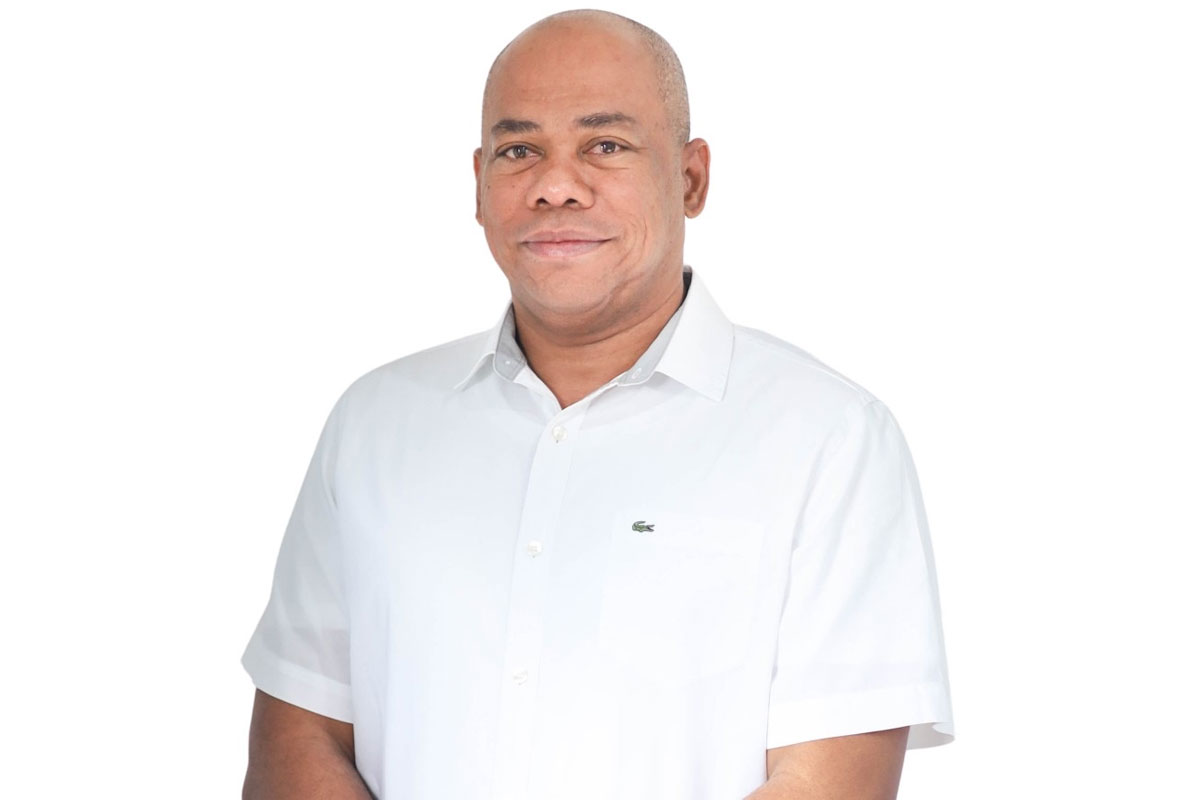
SPEAKER ROMUALDEZ ELATED
Speaker Ferdinand Martin G. Romualdez expressed elation over the drop in the number of Filipino families that consider themselves poor.
Romualdez still vowed to continue efforts to ease poverty and hunger among the population.
He made the promise as two poll-taking groups released the results of their separate surveys on poverty in the third quarter of this year.
“We should all welcome and be happy about this piece of good news. It means that the intervention programs of President Ferdinand Marcos Jr., supported by the legislature, principally the House of Representatives, are working,”Romualdez said.
He said the administration and the House, through its leaders and members, should continue pursuing projects, programs and activities that would further reduce the number of poor and hungry Filipinos.
The House leader attributed the decrease in the number of poor Filipino families to the overall growth of the economy, from 4.3 percent in the second quarter to 5.9 percent in the third quarter, and to government intervention measures.
“I believe that the improvement in the poverty numbers reflect the trickle-down effect of economic expansion, though we often say growth is not tangibly felt by our people. But somehow, they benefitted from it, because growth means more economic activities and additional income and job opportunities for our people,” he said.
He stressed that the government intervention and assistance programs also contributed to the decline in poverty and hunger.
According to OCTA Research group’s 2023 third quarter Tugon ng Masa survey, some 12.1 million Filipino families considered themselves poor, down from 13.2 million recorded in the second quarter.
This means that 1.1 million families felt that their situation was better in the third quarter than in the previous quarter, OCTA said.
The September survey showed that 48 percent of Filipino families rated themselves as poor, 27 percent as borderline poor, and 25 percent as not poor.
The survey had 1,200 adult respondents and a margin of error of plus or minus 2.8 percent for national percentages.























